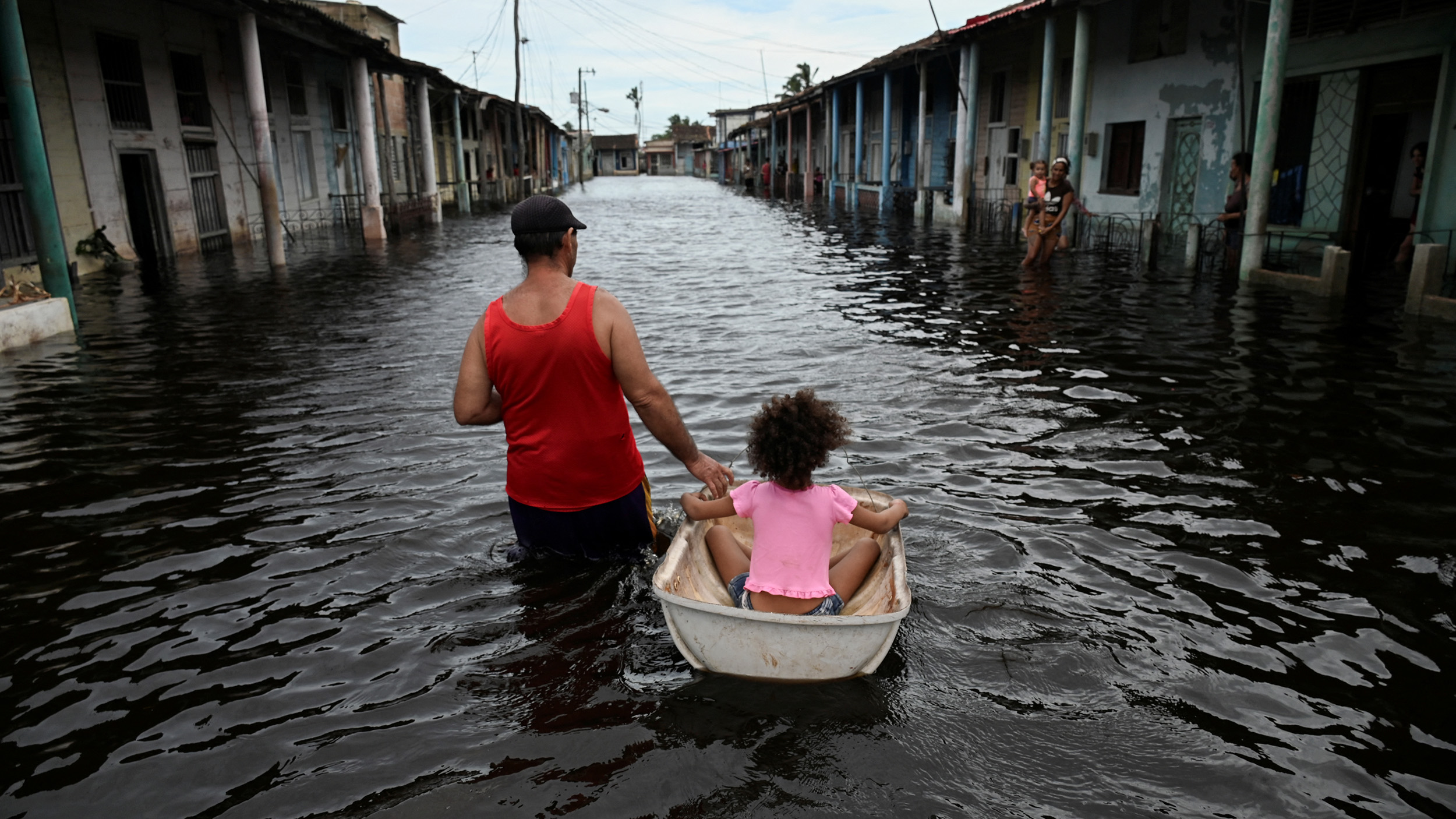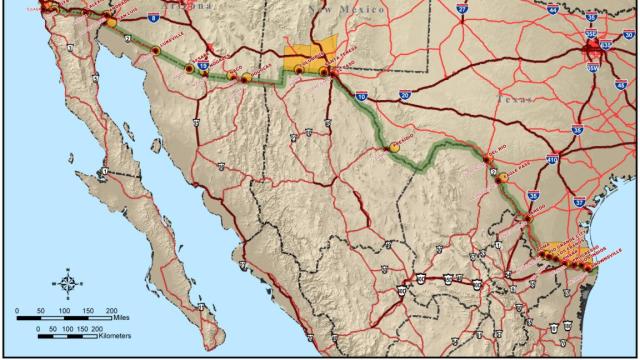Kerry-Boxer Bill Addresses Impacts of Climate Change on Mental and Behavioral Health

You’ve heard the hullaballoo about recent legislative steps toward a carbon market. To which John Kerry responded last week, of his new climate bill, with a defensive: “I don’t know what ‘cap and trade’ means. I don’t think the average American does. This is not a cap-and-trade bill, it’s a pollution reduction bill” (E&E Daily, Sept. 25).
Lo and behold, the bill in question – Clean Energy Jobs and American Power Act (CEJAPA), introduced in Senate this week by Kerry and Barbara Boxer – does in fact look far beyond cap and trade. Issues covered in the 821 page document include: nuclear worker training; federal procurement of water-efficient products; green jobs and worker transition; climate change adaptation programs for Great Lakes States; and flood control.
To highlight just one section of the bill that will likely be overshadowed by the cap and trade debate on the road to COP15: tucked away somewhere around page 290 of CEJAPA is an interesting 13 page section on public health policy and climate change. As this particular section of CEJAPA reads now in its first incarnation, it calls upon the Secretary of Health and Human Services to lay the foundation for a national strategic action plan for health issues that will arise or worsen as the climate continues to change. You know the drill – tropical diseases spreading as temperatures rise, water borne diseases flourishing with increased flooding, respiratory illness taking hold in polluted cities, sanitation issues being compounded by water shortage, and so on and so forth.
The bill also calls upon the Secretary to establish a permanent advisory board comprised of between 10 and 20 climate change, human services, and public health experts. Half of the advisory board members will be recommended by the president of the National Academy of Sciences. Together, they would address the following climate change related health issues:
1. Water, food, and vector borne infectious diseases
2. Pulmonary effects, including responses to aeroallergens
3. Cardiovascular effects, including impacts of temperature extremes
4. Air pollution health effects, including heightened sensitivity to air pollution
5. Hazardous algal blooms
6. Mental and behavioral health impacts of climate change
7. The health of refugees, displaced persons, and vulnerable communities
8. The implications for communities vulnerable to health effects of climate change, as well as strategies for responding to climate change within these communities
9. Local and community-based health interventions for climate related health impacts.
Of these, “mental and behavioral health impacts of climate change,” seems closest to the cutting edge of the climate change and public health field. It’s an issue the CDC follows, but mainly in the context of mental health disorders resulting from catastrophic weather events like floods and Tsunamis, which uproot families and leave “environmental refugees” in their wake.
CEJAPA hearings should be under way before mid-October, according to the bill’s authors. It’ll be interesting to see if their vision for this “mental and behavioral health impacts” component of climate change adaptation extends beyond extreme weather events. Ideally, their vision would also account for subtler environment-related mental health issues – the effects of sound and light pollution on psychological health, links between lead poisoning and ADHD, even psychologist Richard Louv’s “nature deficit disorder.” Fingers crossed.





